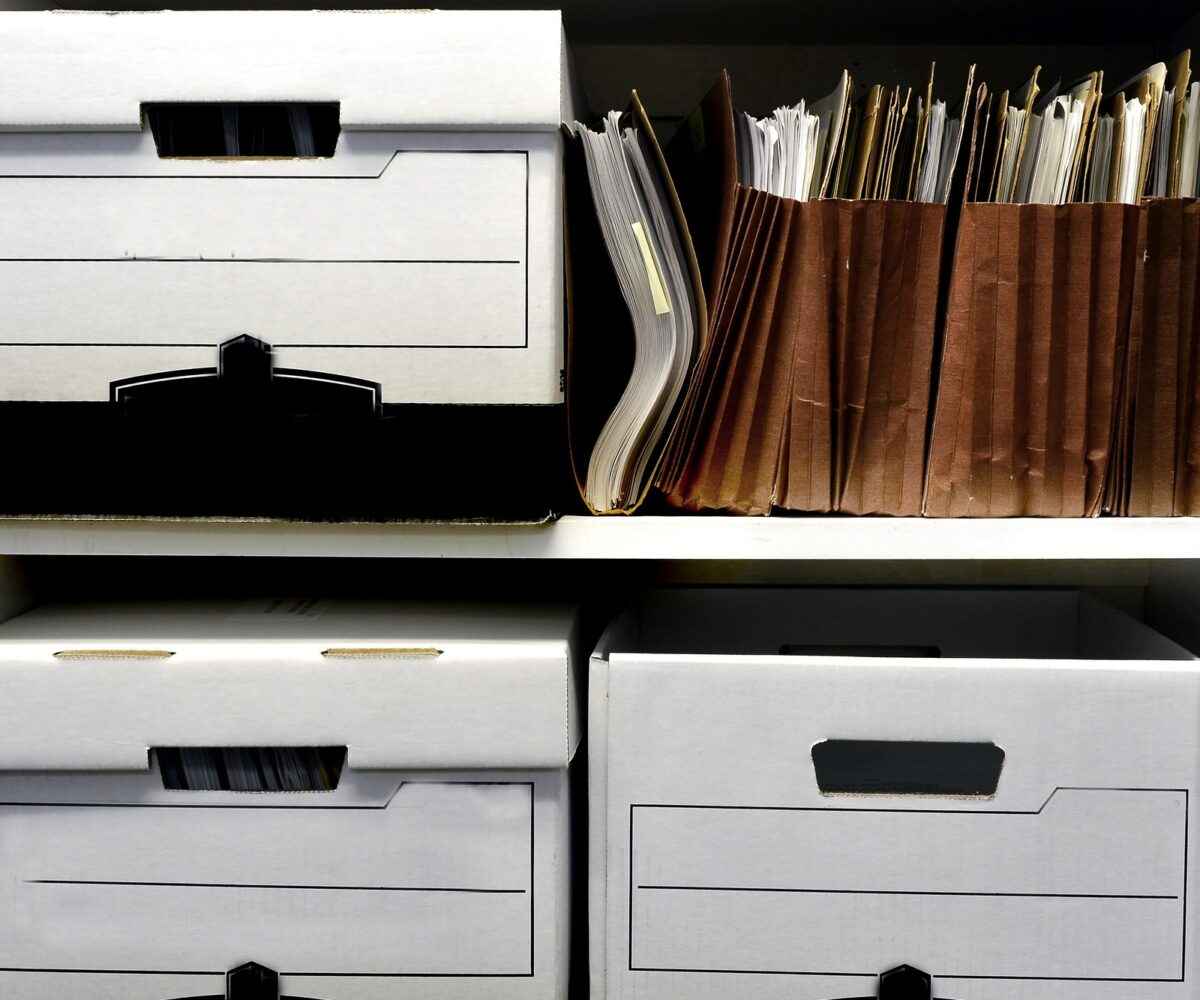Business Document Storage Tips for Tax Season
—
February 15th, 2016

At this time of year, businesses should be getting organized and ready for tax preparation season. As a business owner, you have a lot of documents to sort through every year to make sure you’re ready to file your tax returns by April 15th. And that date will be here before you know it! If you haven’t already, it’s time to start organizing those business files, prepare what you need for this year, and determine what documents can go into a self storage unit not only to make my room in your office, but also for safekeeping.
Tax Preparation-Business Documents You Need
If you’re self-employed or a small business owner, you can visit the IRS website to get some tax preparation tips. Or, check out the handy checklist TurboTax offers as well to get some help filling out all those tax forms. In order to completely and accurately fill out your tax forms, here are some of types of business documents you’ll need to have on hand:
- Income Records: You’ll need business documents to prove your income, like receipts from sales or services, returns and allowances, interest from bank accounts (checking and savings), and sales records.
- Cost of Goods Sold (If Applicable): You’ll need paperwork documenting your inventory, including your beginning inventory total dollar amount, purchases, ending dollar amount, materials and supplies, and the items removed for personal purposes.
- Expenses: This is a longer list, as running a small business has a lot of working parts that go along with it. Documentation for expenses include not only paperwork for things like mileage, hotel stays, meals, cab fare and other transportation, computer and internet, phones, office supplies, and rent but also for expenses such as for advertising, subcontractor commissions, business insurance, wages paid to employees, rent or home office expenses, and so on.
Basically, throughout the year you should be holding on to any type of paperwork that could be an important part of the tax preparation process.
Business Document Storage Tips
Once you’ve prepared your tax forms for the year, it’s important to keep them stored in a safe, centralized location. There are strict document regulations for small businesses, and federal and state laws also require the retention of some specific documents, like accounting records, personnel files, corporate records, etc. While it might seem like an overwhelming amount of files to keep, any size business should be able to easily manage and organize these documents.First, sort your files into what can be kept in the office and what can go into archival storage offsite at a self storage facility. Anything that needs to be kept longer than two years can be stored outside of the office to make more room for the things you need daily access to. Some records need to be kept indefinitely, like financial statements, check registers, income tax returns and general ledgers, while other documents like bank statement, expense reports, charge and cash slips, and accounts payables or receivables can be shredded after seven years.Renting a self storage unit is the perfect option for businesses! Not only can you keep archived files safe and secure, but you can also store things like extra supplies and equipment to keep your office clutter-free. National Storage are here to help with a variety of storage unit sizes in our locations throughout Michigan and Ohio. Contact us today for more information!
Categories
 (2000 x 418 px)_12162025071120596.png)
